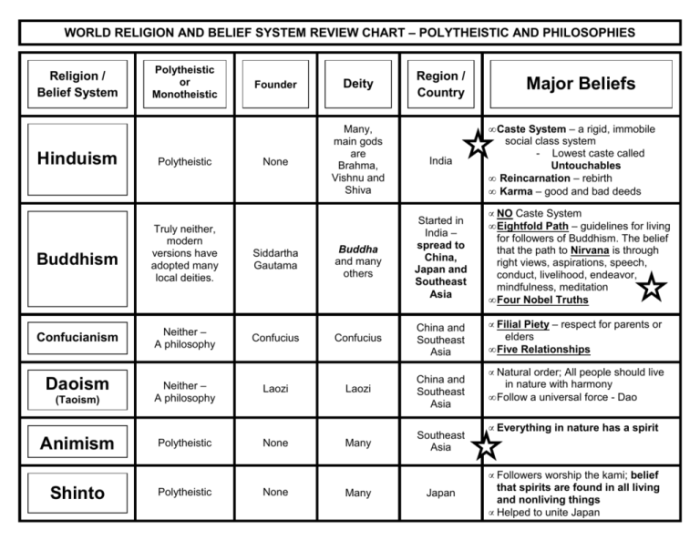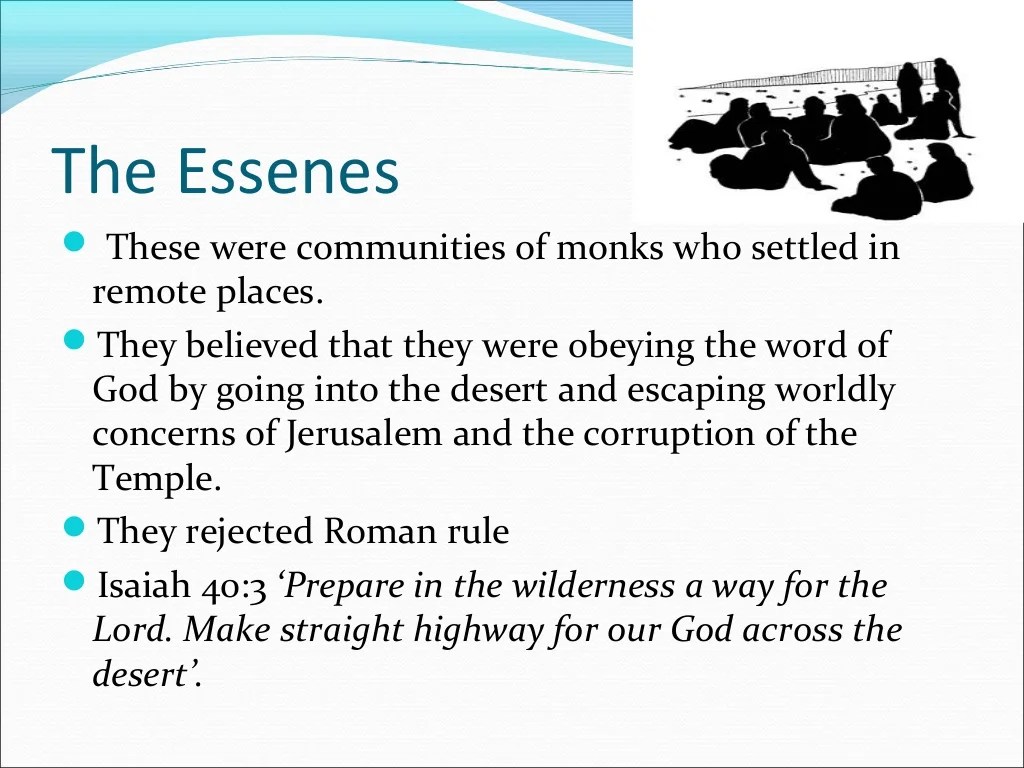Core beliefs and practices of christianity ap world – The core beliefs and practices of Christianity in the AP World set the stage for this enthralling narrative, offering readers a glimpse into a story that is rich in detail and brimming with originality from the outset.
This exploration delves into the fundamental tenets of Christian faith, examining the Trinity, the nature of Jesus Christ, and the doctrine of salvation. It also sheds light on the core practices that shape Christian life, including baptism, prayer, and worship.
Core Beliefs

Christianity is founded upon a set of core beliefs that shape the faith and practices of its adherents. These beliefs provide a framework for understanding the nature of God, the role of Jesus Christ, and the path to salvation.
The Trinity: God the Father, God the Son, and God the Holy Spirit
Christians believe in the Trinity, which states that God exists in three distinct but inseparable persons: God the Father, God the Son (Jesus Christ), and God the Holy Spirit. Each person of the Trinity is fully divine and coequal, yet distinct in their roles and functions.
The Nature of Jesus Christ: Fully God and Fully Human
Christians believe that Jesus Christ is both fully God and fully human. As the Son of God, he is divine and shares the same essence as God the Father. As the Son of Man, he is human and experienced the full range of human emotions and experiences.
The Doctrine of Salvation: Through Faith in Jesus Christ
Christianity teaches that salvation is a gift from God, made possible through the sacrificial death and resurrection of Jesus Christ. By placing faith in Jesus as their Savior, individuals receive forgiveness of sins and the promise of eternal life.
Core Practices

Christian practices are rooted in the beliefs of the faith and serve as expressions of devotion and spiritual growth.
Baptism: A Symbol of New Life
Baptism is a sacrament that symbolizes the cleansing of sin and the beginning of a new life in Christ. It is typically performed by immersing the individual in water or sprinkling water on their head, representing their death to their old life and resurrection to a new life in Christ.
Prayer: A Vital Connection with God
Prayer is a fundamental aspect of Christian life, providing a direct connection between individuals and God. Christians believe that prayer is a means of communication, petition, and worship, allowing them to express their gratitude, seek guidance, and experience God’s presence.
Worship: Gathering Together to Honor God
Worship is an essential practice in Christian communities, where believers gather to praise and glorify God. Worship services typically include elements such as singing, prayers, Scripture readings, and sermons, fostering a sense of unity and connection with the divine.
Christian Ethics

Christian ethics provide a framework for moral behavior and guide Christians in their personal and social interactions.
The Ten Commandments: A Foundation for Christian Ethics, Core beliefs and practices of christianity ap world
The Ten Commandments, given by God to Moses, serve as a moral code that Artikels fundamental principles for ethical living. They address issues such as honoring God, respecting authority, avoiding theft and murder, and maintaining sexual purity.
The Teachings of Jesus on Love, Forgiveness, and Compassion
Jesus Christ’s teachings emphasize the importance of love, forgiveness, and compassion. He commanded his followers to love their neighbors as themselves, forgive those who wronged them, and show mercy to the needy. These teachings provide a basis for ethical behavior that extends beyond legalistic rules.
Examples of How Christian Ethics Shape Personal and Social Behavior
Christian ethics influence personal behavior by promoting virtues such as honesty, integrity, and kindness. They also guide social interactions, encouraging Christians to seek justice, promote peace, and care for the marginalized.
Historical Context

Christianity has a rich history that has shaped its beliefs, practices, and ethical principles.
Historical Origins and Early Development
Christianity emerged in the 1st century CE as a Jewish sect founded by Jesus Christ. After his crucifixion and resurrection, his followers spread his teachings throughout the Roman Empire, establishing churches and developing a distinct Christian identity.
Influence of the Roman Empire on the Spread of Christianity
The Roman Empire played a significant role in the spread of Christianity. The empire’s extensive road network and relative stability facilitated the movement of missionaries and the establishment of Christian communities throughout its vast territories.
Key Figures in the History of Christianity
Numerous key figures have shaped the history of Christianity, including:
- Peter: One of Jesus’ twelve apostles and the first bishop of Rome, considered the “rock” upon which the church was built.
- Paul: A prominent missionary who spread Christianity throughout the Roman Empire and wrote many of the New Testament epistles.
- Constantine the Great: The first Roman emperor to convert to Christianity, legalizing it and granting it imperial patronage.
User Queries: Core Beliefs And Practices Of Christianity Ap World
What is the Trinity?
The Trinity is the central doctrine of Christianity, which states that God exists in three distinct persons: the Father, the Son (Jesus Christ), and the Holy Spirit. These three persons are co-equal and co-eternal, forming one God.
What is the significance of baptism in Christianity?
Baptism is a sacrament that symbolizes the washing away of sins and the beginning of a new life in Christ. It is typically performed by immersion in water and is a public declaration of faith.
How do Christian ethics shape personal and social behavior?
Christian ethics are based on the teachings of Jesus Christ and the Ten Commandments. They emphasize love, forgiveness, compassion, and justice. These principles guide Christians in their personal lives and interactions with others, shaping their decisions and actions.